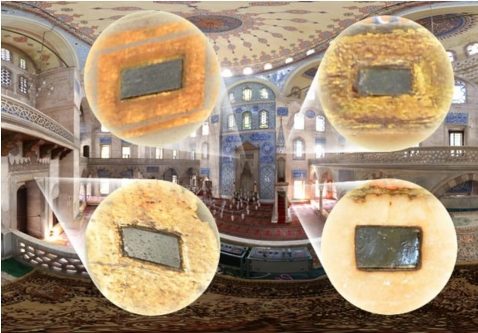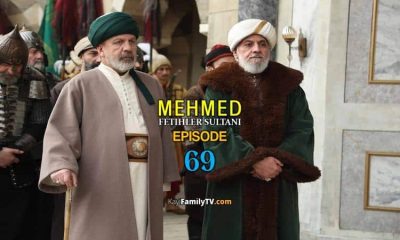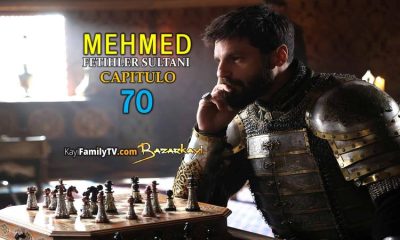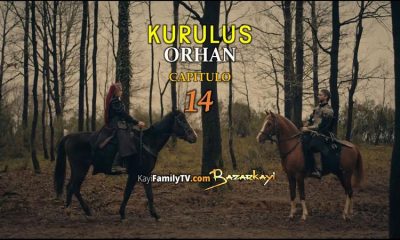Places
OLD TOWN OF ANTALYA
The old town of Antalya, as known in Turkish as “kaleici”, is in a beautiful location with all the history it carries. One of the amazing touristic locations of Turkey today, Antalya hosted many civilisations through history. Many settlements were founded here, starting with the Hellenistic period, including the visit of the Roman Empire.
The Old Town is the heart of Antalya; it is so interesting for both history enthusiasts and cultural visitors. Hadrianus Door, Yivli Minare, Kesik Minare, Mevlevihane, many museums, old houses and narrow streets take you to an adventurous tour into history. The Old Town of Antalya is one of the oldest settlement locations of Anatolia. Therefore, visitors have the opportunity to see the rural area from many different eras and civilisations. The most exciting part of the old town is its old houses and narrow streets which still carry the historical touches of Rum, Seljuk and Ottoman architecture.
The history of the old town goes back 500 thousand years with the discovery of the Karain Cave 30 kilometres south of the old town. Although the archaeological findings show that people were living in the area at then, the settlement of the place as we know it today started 2500 years ago.
Throughout history, the old town was affected by fires, floods and the effects of time. Nevertheless, it still protects its majestic view. The reason why a settlement was founded and used by many civilisations is its archaeological structure. Throughout history, trading gained more importance in the harbour area. Each new owner of the place rebuilt it with different characteristics. The old town became a unique location where you can see touches of many civilisations in the same place.
In the 1980`s Antalya, the old town and the harbour area became one of the most important tourist attractions of Turkey. From that day until this, its beauty is preserved and restored so that it can be visited by generations to come.
Written By: Murat Mert
Places
THE LARGEST MOSQUE IN EUROPE
The central mosque in Cologne. Nine years in the making, the mosque’s 4,500 square meters can accommodate between 2,000 and 4,000 believers.
In all, some 35 million euros were spent on its construction by a Turkish Muslim association.
The new building complex fascinates with the interplay of concrete, glass and wood and is characterized by a 36.5 m high transparent dome, which is framed by two filigree, 55 m high minarets. The interplay of curved concrete shells and generous glass fronts gives the building its modern and inviting character and impresses with its extraordinary sense of space.
In terms of design and choice of materials, the entire building complex and the domed hall is a development from traditional building culture to modern. The building opens up to all visitors through the generous outside stairs, creating the feeling that the public space extends into the building complex via the inviting stairs. In this way, fears of thresholds and contact are reduced and the inviting character of the building and the community equally emphasized.
In the classification, the building opens up to the visitor under many aspects and offers various approaches. In this way, the visitor can take and direct each of his steps in accordance with his or her individual expectations, speed and curiosity. Different building elements invite visitors to different occasions, which the mosque visitor can consciously do without having the feeling of being confronted with something strange or unexpected.
The building lowers inhibition thresholds in its design language and communication and at the same time increases curiosity and fascination. So there is already the possibility in the entrance area to first sniff the “atmosphere”, to approach the whole thing step by step and to open up, in the process, carried by a maelstrom of curiosity and expectation, to open up the whole for yourself.
The new mosque thus creates new perspectives and opportunities to meet the supposedly foreign and at the same time fascinatingly familiar.
With the new building, an attractive, contemporary and functional community center has been created, as well as a dignified, representative church. With a mosque that is visible and inviting, there is a conscious positioning in the living environment – also in the architectural sense. Because “integration through building culture” in an urban environment offers, in addition to being and becoming visible, points of identification for all Muslims in a process of becoming part, far beyond Cologne.
Turkish President Recep Tayyip Erdogan opens the mosque in German city of Cologne.
He said: “The mosque in Cologne stood as a symbol of peace and thanked the German government for pressing ahead with its construction despite protests.”
Written By: Murat Mert
Places
ULUDAG MOUNTAIN BURSA
Well known as favourite of mountain and winter tourism, Uludag Mountain is the biggest center place of winter and nature sports in Bursa, Turkey. Also called as Olimpos Mountain and Kesis (Mosk) Mountain, Uludag is 2543 meter hight, 40 km long and approximately 15-20 km width.
Located on Bursa, the history of Great Mountain was based on Byzantine Era (East Rome Period): After Christianity was accepted as an official language in Rome Empire, many monasteries and churches belonging to the monks were established around Uludag. In addition to this, when Ottoman Sultan Orhan Gazi conquered Bursa, many dervishes (santons) such as famous Doglu Baba, Geyikli Baba and Abdal Murat lived here thanks to its inspirational and unique nature.
Surrogated by Orhaneli, Sarıalan, Kirazlı, Kadı, Sobra Platforms (plateau), Uludag charms and inspires the visitors, artists and authors with its enchanting nature, magnificent landscape and fresh atmosphere.
The firstly, at the top places of Uludag Mountain, there are found the traces belonging to the glaciers; Aynalıgöl, Karagöl and Kilimligöl are the most important glacial lake among of them. Those natural lands fascinate the people with their blue pure water and pine verdants.
Secondly, there is placed many layers, mineral stratums around Uludag Mountain. Also very important tungsten (wolfram) deposits in Turkey are found here.
Lastly, especially, the middle of December is the opening season for both mountaineering and skiing in Great Mountain.
Written By: Murat Mert
Places
SOKOLLU MEHMED PASHA MOSQUE
If we look around places ruled by the Ottoman Empire we could see a number of buildings named for Sokollu Mehmed Pasha. But the thing that makes the mosque very precious is four stone pieces that are placed inside it.
The Sokullu Mehmed Pasha Mosque and its social complex have been standing there for four centuries. It was built by Sinan the Architect in the name of the Ottoman Empire’s famous grand vizier Sokollu Mehmed Pasha. Sinan the Architect was the most famous and skillful architect in Ottoman history.
“A piece of the sacred black stone, brought from the Kaaba, installed in marble”

These stone pieces came from the holiest place for Muslims, the Kaaba. In one corner of the Kaaba, there is a stone known as the Black Stone, (in Arabic, al-Hajar al-Aswad). It is believed that it descended from heaven. Four little pieces from it are in the mosque’s different points. People who do not have the opportunity to visit the holy place and the stone have come to the mosque for centuries.
It is located in the Kadırga district, which is a neighborhood close to Sultanahmet.
Written By: Murat Mert

 MEHMED FETIHLER SULTANI1 week ago
MEHMED FETIHLER SULTANI1 week agoMehmed Fetihler Sultani Episode 69

 KURULUS ORHAN1 week ago
KURULUS ORHAN1 week agoKurulus Orhan Episode 14

 Kurulus Orhan Espanol6 days ago
Kurulus Orhan Espanol6 days agoKurulus Orhan Capitulo 15

 KURULUS ORHAN11 hours ago
KURULUS ORHAN11 hours agoKurulus Orhan Episode 15

 MEHMED FETIHLER SULTANI7 hours ago
MEHMED FETIHLER SULTANI7 hours agoMehmed Fetihler Sultani Episode 70

 MEHMED FETIHLER SULTANI ESPANOL5 hours ago
MEHMED FETIHLER SULTANI ESPANOL5 hours agoMehmed Fetihler Sultani Capitulo 70










































